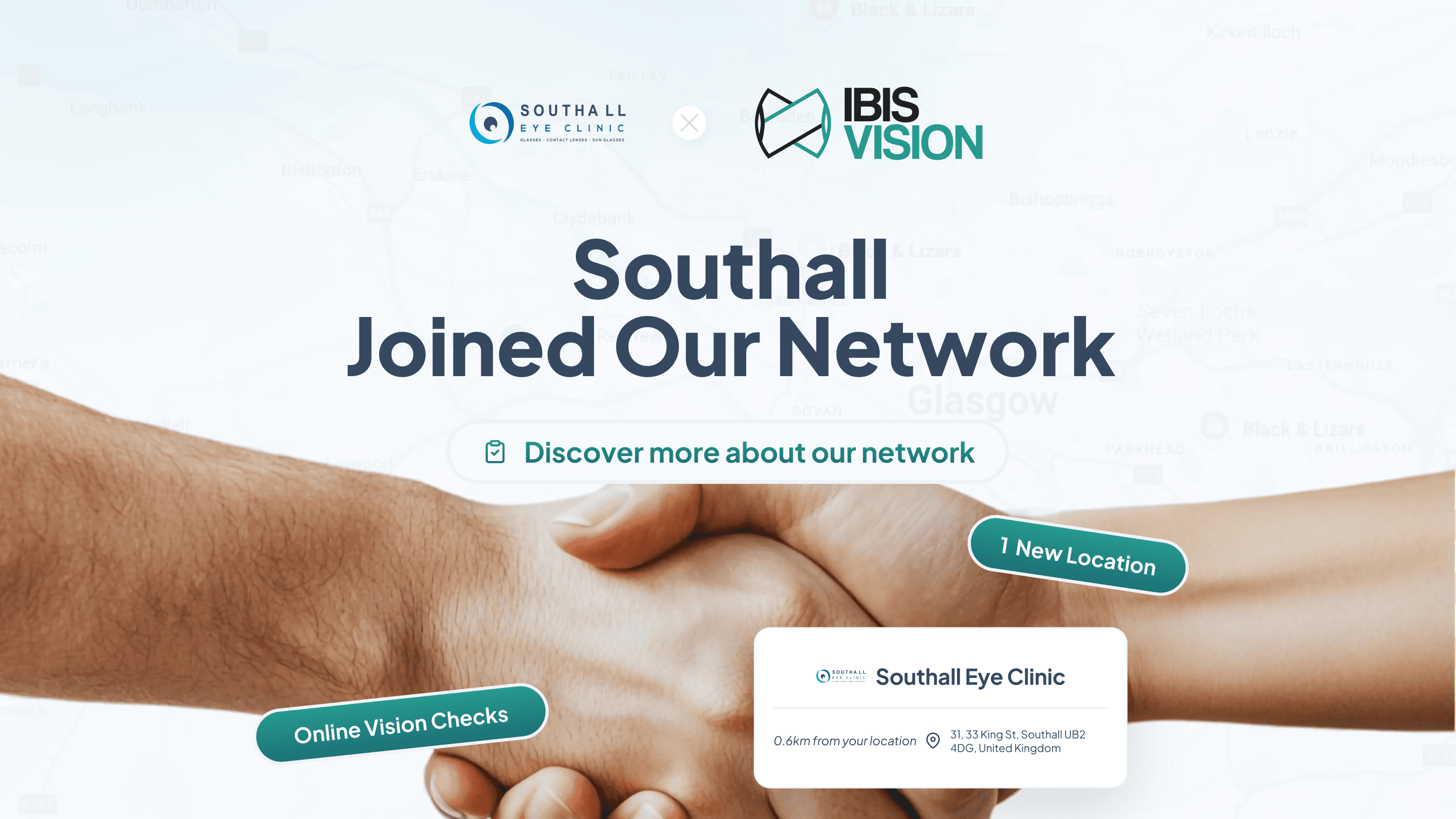Health Kiosks
Health kiosks are an amazing advancement in medical technology that's helping to make healthcare more accessible. This IbisFocus article is going to look at what health kiosks are, why there’s such a drive for them in India, and what the outlook is for the future.
22 Dec 2021
Health kiosks are an amazing advancement in medical technology that's helping to make healthcare more accessible. This IBIS-Focus article is going to look at what health kiosks are, why there’s such a drive for them in India, and what the outlook is for the future.
What is a health kiosk?
First, let’s look at health kiosks in general. A health kiosk is an electronic machine that helps the public access health screenings quickly and easily. Some are often used by hospitals and UK GP practices as simple check-in systems but there are others out there that are much more advanced and can give real-time diagnostics about an individual's health such as weight and blood pressure. Each company developing kiosks have put their own spin on things, but in the end it’s all about making health screenings more accessible and a great experience for the user.
Locations of kiosks are also dependant on the business and their model. For example, our partner in India, Pulse Active Stations, locate their kiosks in high footfall areas such as metro stations so they can be easily accessed when people are out and about travelling to and from work. Another popular location is supermarkets, and businesses like Higi are doing this in the US. Additionally, we also have self-serve kiosks that act as check-in systems and are located in hospital and medical environments. It can definitely be agreed that kiosks are an emerging technology that have various features, functions and are also extremely flexible. This is why they are becoming more and more popular, especially as the world moves to a more technology focused way of interacting.
Health kiosks and their place in India
The pandemic has led to major shifts in the way that people access healthcare. One of the countries that has been at the forefront of embracing different telemedicine solutions, is India. In September, the Ministry of Health and Family Welfare announced that the Government of India’s national teleconsultation service, completed over 1.2 crore (12 million) OPD consultations (businessworld.in). This allowed the government to tackle doctor and specialist shortages, especially in remote locations. There has also been a massive uptake from clinicians adopting the use of technological solutions. Doctors who used technology before the pandemic sat at 5%, that figure is now 70-80% (theweek.in). This is an incredible jump, and it speaks to how much the healthcare industry has progressed. As the rise in the use of new technology has taken hold, new ways of screening for health conditions have also been thought about and introduced.
This is where health kiosks (also often described as medical kiosks) come in. Digitisation has helped processes in many ways and allows for the easing of pressure in hospitals and can reduce the number of patients needing to be seen. Having been implemented in public spaces and workplaces in India, kiosks are becoming one of the first points of contact for the general public looking for a health screening. This is vital in the early diagnosis of any health concerns and with most kiosks being interactive, they will analyse the information taken from the patient and will give suggestions for the daily care of the patient. This then allows the patient to make informed decisions about their health and can see a medical professional if they need to.
Kiosks are also an ideal way of offering a screening option to those in remote locations. And this is not just restricted to general medical care, they are also being used for other types of healthcare too. And this is what our partner, Pulse Active Stations, are using their kiosks for. These kiosks aid in early detection of conditions which are related to general health but with the help of IbisVision, this now also includes eye health. In India, 30 million people are blind due to cataracts and 1.2 million people have lost their vision from glaucoma-related complications. This is why kiosk solutions branching out into different aspects of health care is so important. Early detection in any health condition is key, and it’s vital that even in those in the most rural areas get access to this kind of support.
The outlook for the future
As we look to the future, the outlook for kiosks appears to be positive. They are being implemented well in the healthcare industry but that’s not the only place we see them. We now see them implemented in car parks, food outlets and retail stores so it seems that the uptake isn’t going to slow down anytime soon. And this is good for the healthcare industry as it gives plenty more options and flexibility as they decide how exactly to implement them into their organisations.
IbisVision has a keen interest in health kiosk technology, and our aim in helping to make eye care more accessible has become a reality in our partnership with Pulse Active Stations. To find out more about our work on health kiosks, read more here or feel free to get in touch with us here.

stay in the loop


